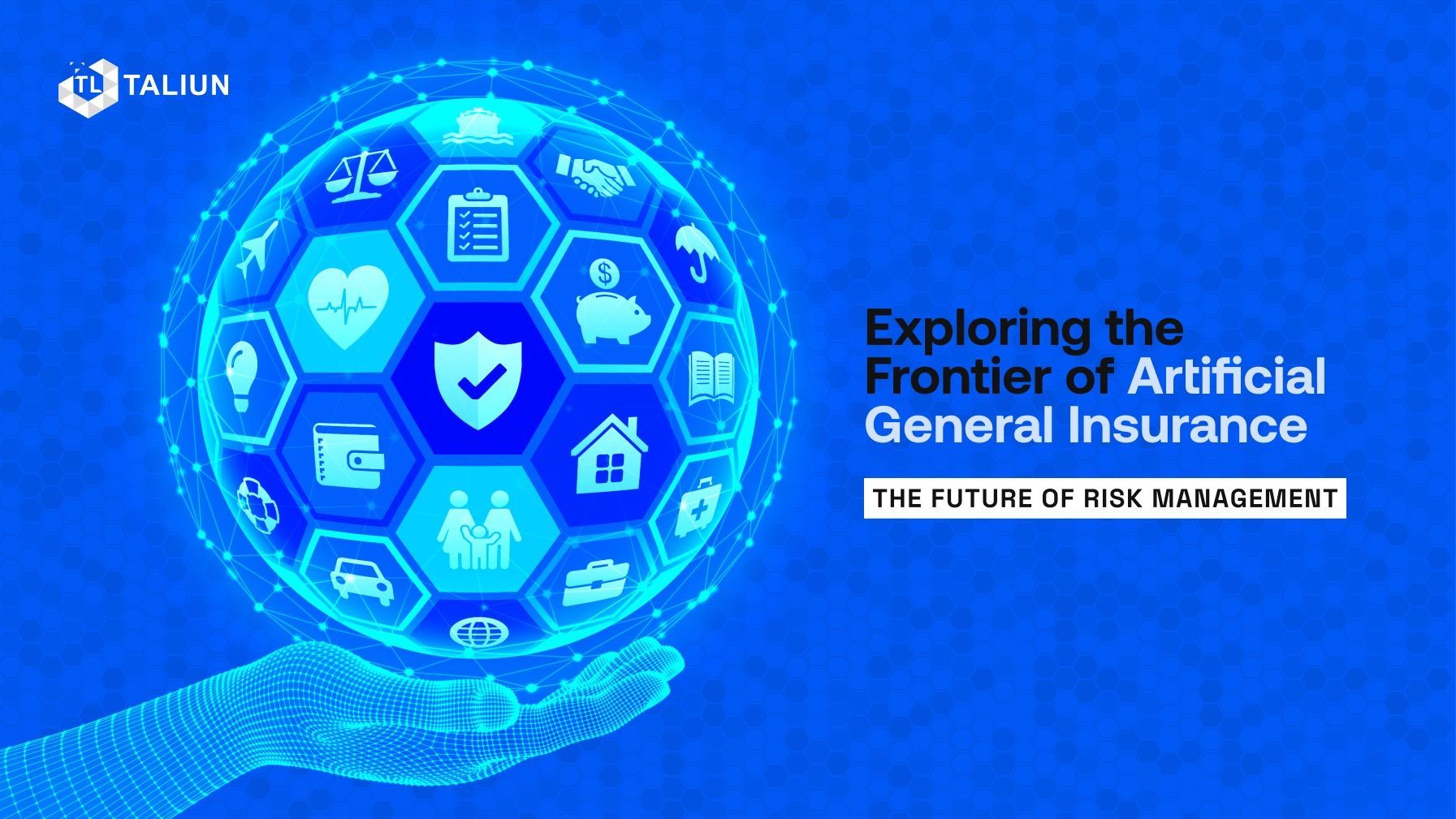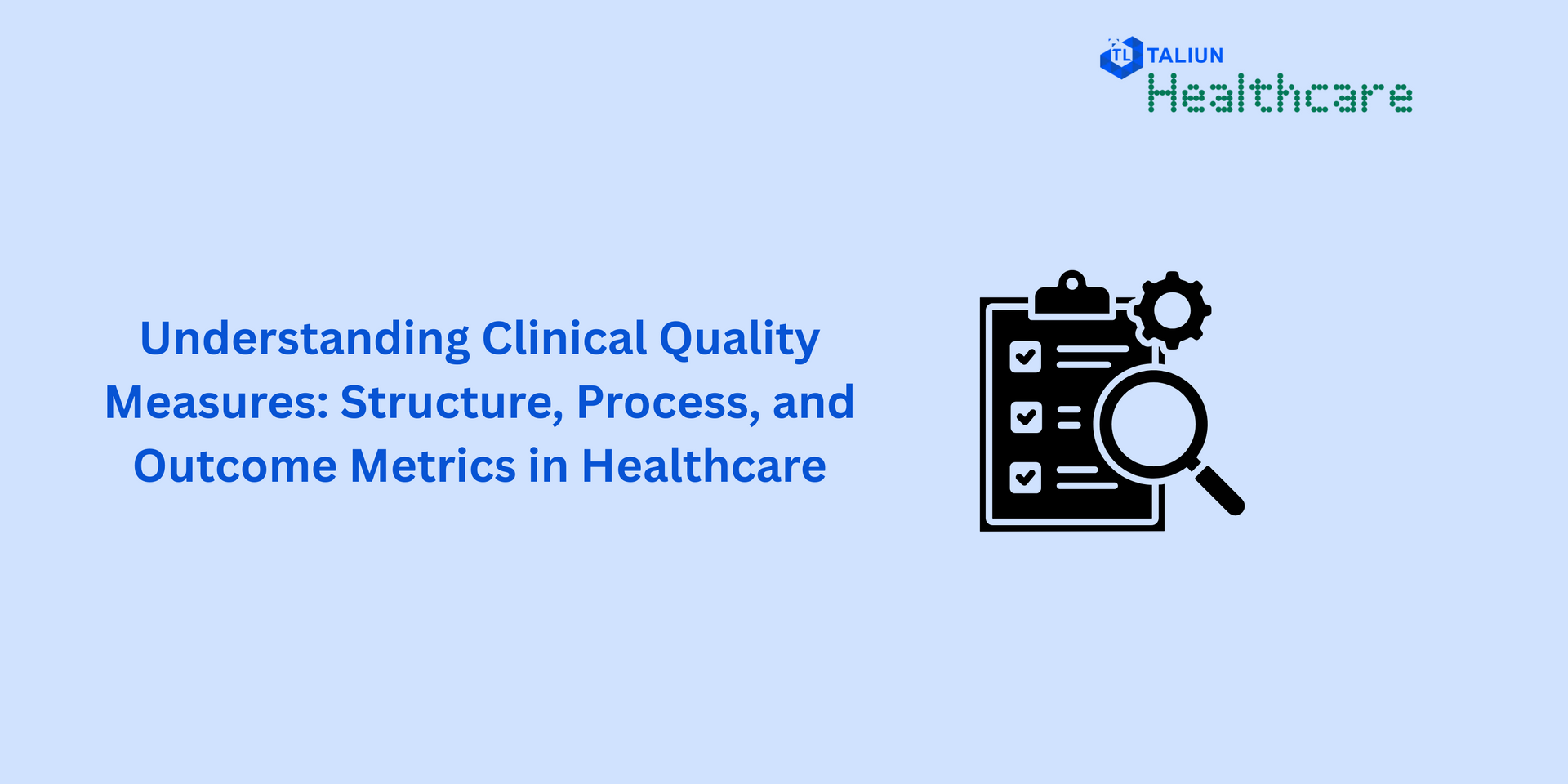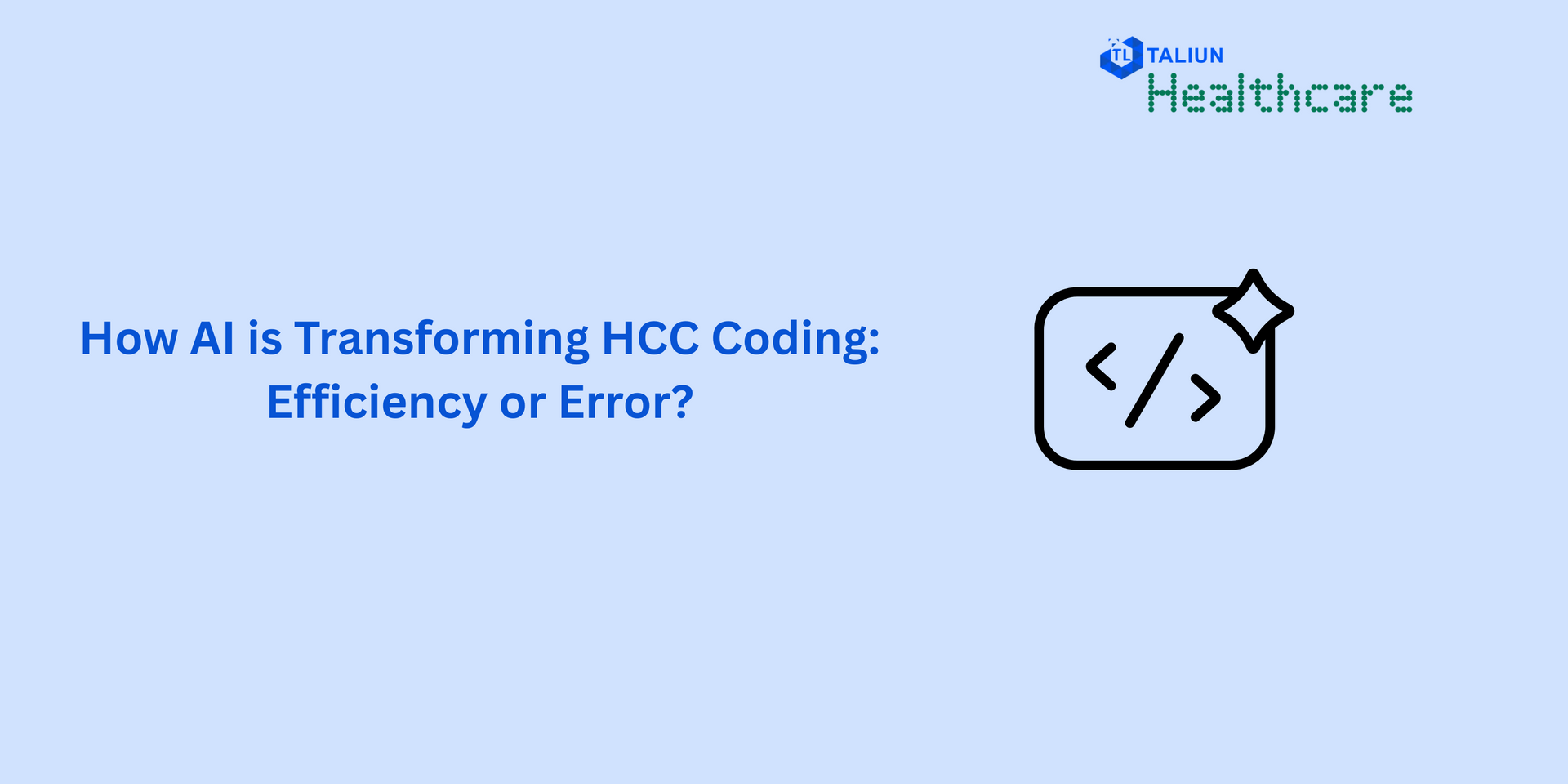Exploring the Frontier of Artificial General Insurance, The Future of Risk Management

In the realm of insurance, the advent of Artificial General Intelligence (AGI) promises to revolutionize the industry. This concept, termed "Artificial General Insurance," involves leveraging AGI to manage and assess risks in a more holistic, efficient, and personalized manner. In this blog, we will delve into what Artificial General Insurance entails, its potential impacts, challenges, and the future it holds for the insurance sector.
What is Artificial General Insurance?
Artificial General Insurance refers to the application of AGI in the insurance industry. Unlike traditional AI systems that are programmed for specific tasks, AGI can learn, reason, and make decisions across a broad range of insurance-related activities. This could range from underwriting and risk assessment to claims processing and customer service.
The Potential of AGI in Insurance
Advanced Risk Assessment: AGI can analyze vast and complex data sets, including emerging risks like climate change or cyber threats, leading to more accurate risk assessments.
Personalized Policies: With AGI's deep learning capabilities, insurance policies can be highly personalized, catering to the unique needs and risk profiles of individuals.
Efficient Claims Processing: AGI systems could automate and streamline the claims process, making it faster and more efficient for both insurers and policyholders.
Fraud Detection: AGI's ability to recognize patterns and anomalies can significantly enhance the detection and prevention of insurance fraud.
Dynamic Pricing Models: AGI can continuously analyze data, allowing for dynamic pricing models that reflect real-time risk assessments.
Challenges and Considerations
Ethical and Privacy Concerns: The use of AGI in insurance raises questions about data privacy and the ethical use of personal information.
Regulatory Compliance: As AGI is a relatively new field, existing regulations may not adequately address its use in insurance, necessitating new legal frameworks.
Technology Integration: Integrating AGI into existing insurance systems and processes could be a complex and costly endeavor.
Workforce Impact: The adoption of AGI may lead to significant changes in the workforce, requiring reskilling and adjustments in job roles.
Real-World Applications and Case Studies
1. Predictive Analytics for Underwriting
- Case Study: An insurance company uses AGI to analyze data from various sources, including social media, IoT devices, and historical claims, to improve its underwriting process.
2. Automated Claims Adjustment
- Case Study: AGI-driven systems are used for rapid assessment and processing of claims, significantly reducing the time and resources required for claims handling.
3. Customized Customer Experience
- Case Study: Leveraging AGI to provide personalized insurance advice and products based on individual customer profiles and preferences.
The Future of Artificial General Insurance
The future of Artificial General Insurance lies in its ability to adapt and evolve. As AGI technology matures, we can expect:
Greater Integration with IoT and Big Data: Continuous integration with emerging technologies for more comprehensive risk assessments.
Enhanced Customer Interaction: More intuitive and human-like interactions with customers through AGI-enabled systems.
Global Market Adaptation: Adoption of AGI across different markets, taking into account regional and cultural differences in insurance practices.
Conclusion
Artificial General Insurance represents a groundbreaking shift in the insurance industry. By harnessing the power of AGI, insurers can expect not just incremental improvements but transformative changes in how they assess risk, interact with customers, and manage claims. However, navigating this new landscape will require careful consideration of ethical, regulatory, and technological challenges. As we stand on the cusp of this new era, the insurance industry must prepare to embrace the full potential of AGI, ensuring its responsible and beneficial use for all stakeholders involved.




